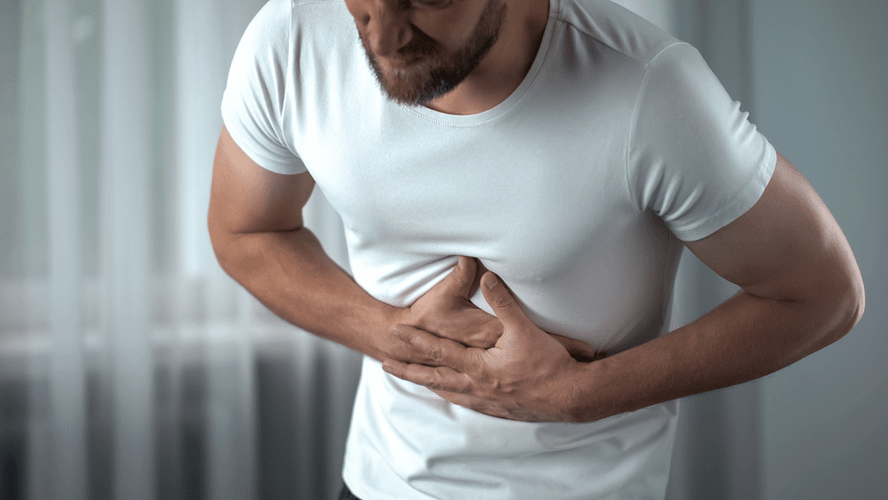AUD and depressive disorders appear to share some behavioral, genetic, and environmental risk factors, yet these shared risks remain poorly understood. It is important to note that medications for alcohol use disorder are a first-line treatment. They can be helpful for https://www.babydsdeli.com/category/health/ many, so talk to your doctor about this option. If you’re dealing with severe alcohol withdrawal symptoms, such as anxiety, insomnia, nausea, and hallucinations, among others, then your doctor may suggest medications such as chlordiazepoxide or other benzodiazepines.

Online therapy options
Most Americans believe alcohol can be used responsibly by adultsfor social and religious purposes. However, alcohol can also be used to excessresulting in health, social, legal, and other problems. Students may receiveconflicting messages about alcohol from the news media, school, their friends, andtheir parents. On the one hand, they hear that moderate alcohol use is acceptable,and in some instances may actually be good for your health; on the other hand, theyare told that alcohol is a drug that requires abstinence until age 21.
Short-term effects
- The only certain way to prevent depression after drinking is to avoid alcohol entirely.
- Her inflammatory bowel disease (IBD) had been in remission for two months, and she felt like her life had gone back to normal.
- Namely, it interferes with the release of neurotransmitters linked to mood regulation, including serotonin and norepinephrine.
- However, heavy alcohol use may increase susceptibility to gastritis.Scientists currently are investigating whether the higher rate of gastritisamong heavy drinkers is due to alcohol or to H.
Individuals with alcohol use disorder (AUD) continue to consume alcohol despite experiencing negative consequences. Although AUD cases may differ in severity, people who receive effective treatment can fully recover. Alcohol use in a person with depression may intensify the symptoms of depression and increase the risk of adverse and life-threatening http://ua-vet.com/addtmc.php?info=10284 outcomes. Alcohol may even increase the risk of depression in babies exposed to alcohol in the womb. Children born with fetal alcohol spectrum disorders are more likely to develop depression later, according to an earlier study from 2010. Alcohol can make a person feel depressed and may even trigger or worsen depression.

Testosterone-blocking drugs boost heart disease risk when given in combination
- On the other hand, both conditions also share certain risk factors, such as genetics and social isolation.
- Most of the remaining 80 percent is absorbed through the small intestine.
- Scientists believe that, among other factors, there is a genetic basisfor alcoholism because children or siblings of alcoholics are at much greaterrisk for developing the disease.
Component of the reward pathway in the brain; located near the top of the brainstem. A trait, such as alcoholism, whose expression is influenced by more than one gene. Nutrients and materials are broken https://www.soldati-russian.ru/news/britanskaja_armija_pokazala_tank_gorodskogo_boja_challenger_2_tes_megatron/2023-07-25-9590 down into stored energy or into usable compounds. The biological transformation of ethanol to acetaldehyde and other products. The white blood cells, the T cells, and B cells of the immune system.
- It also has some stimulant effects, Addiction Center says, especially if consumed in small quantities.
- You might feel depressed after drinking because alcohol itself is a depressant.
- Upon consumption, alcohol is distributed throughout the water-containing portions ofthe body, affecting primarily those organs having a high water content.
- This means that higher BACs are needed to produce intoxication.Both alcohol abusers and alcoholics can display tolerance.
- Once a neurotransmitter has passed on itsmessage, it is either broken down by an enzyme or reabsorbed by the same neuronthat released it.
- The biochemical changes lead to short-term memory loss, disruption of cognitive and motor function, reduced perceptual abilities, and emotional and personality changes that include acts of aggression.
